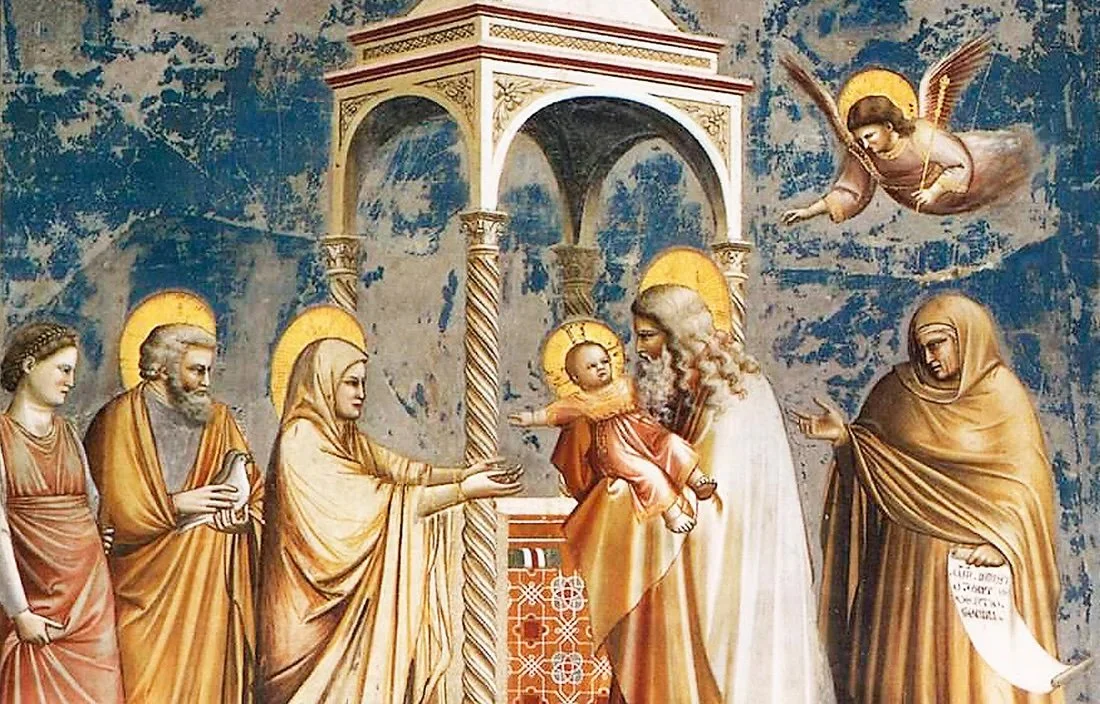From Erin Richardson Severin: We adore you, O Christ, and we bless you.
/SATURday, September 19, 2020
We adore you, O Christ, and we bless you, because by your holy Cross you have redeemed the world.
Earlier this week, we celebrated Holy Cross Day (September 14). This is a peculiar little feast; it is rare to celebrate a thing rather than a person. Of course, the Holy Cross is not merely a thing - it is perhaps the most important symbol of our faith. Even so, it is strange to revere an instrument of torture; I have heard it compared to worshipping an electric chair, or the syringe used to provide lethal injections. My stomach turns every time I imagine the gruesome horror Christ endured on that holy Cross.
Yet we as Christians also see the Cross as a symbol of hope and salvation. The verse and response above comes from the liturgy for Stations of the Cross, a devotion traditionally associated with the penitential season of Lent. Here, the pious worshipper exalts the cross as the means by which Jesus redeemed the world. How can this be, this shameful torture device exalted as the means of grace?
Before I was a Christian, one of the most popular criticisms of the faith I heard was called the “problem of suffering.” It usually goes something like this: “If your God is so all-loving, then why do so many people suffer and die? If a loving God is all-powerful, can’t God save their lives and spare their pain? Ergo, your God is either evil or weak.” I admit, this is a tricky paradox to get one’s head around. It seems true - God is powerful, and yet people are suffering horribly with this pandemic, not to mention wildfires ravaging through people’s homes, not to mention hurricanes wreaking havoc along the Atlantic coast. How could God let these horrible events happen?
And perhaps the most telling of all - why did Jesus die in such a horrible way? If God could not even prevent God’s own Son from suffering, then how can we claim this God of power and might?
Since becoming Christian, I have learned some of the flaws with these propositions. I have learned that sometimes, short-term suffering actually leads to growth, the way sore muscles after a workout can lead to strength and health. I have learned that many times, suffering is not at God’s hands, but at our fellow human’s - that we choose to meet our own selfish desires over the needs of others who are suffering. I have learned that my desire for cheap and easy clothing is a selfish choice over the wellbeing of sweatshop workers overseas. Finally, sometimes I have seen that suffering is, indeed, totally baffling. But this itself is not because God is not in control, but because God’s level of control is so totally beyond my understanding. I must turn to the foundation of my faith because I simply cannot explain or understand the reason some people suffer.
Many have remarked that the timing of this pandemic appeared to coincide nicely with the liturgical calendar. It was somewhere around the second or third week of Lent when we were forced to shutter the church doors and retreat to “distance worship.” Although we did our best to celebrate a true Easter, the fact remains that many of us still feel as if we are in an extended period of Lent, the time in which suffering and sadness seems to remain at front of mind.
During Lent, especially on Fridays in commemoration of Good Friday, Christians everywhere walk the sacred path of the Cross and visit the stations, imitating Christ’s harrowing journey to the grave. Yet at each station, we do not mourn Christ and recoil at the Cross, but instead we exalt both, pointing to that great act of Redemption so central to our faith. “We adore you, O Christ, and we bless you.” Let us all strive to grapple with the suffering we see in our world with Jesus’ charity and grace. Let us be the hands that, by Christ’s holy Cross, God redeems the world. Amen.
Erin Richardson Severin
The General Thanksgiving
Almighty God, Father of all mercies,
we your unworthy servants give you humble thanks
for all your goodness and loving-kindness
to us and to all whom you have made.
We bless you for our creation, preservation,
and all the blessings of this life;
but above all for your immeasurable love
in the redemption of the world by our Lord Jesus Christ;
for the means of grace, and for the hope of glory.
And, we pray, give us such an awareness of your mercies,
that with truly thankful hearts we may show forth your praise,
not only with our lips, but in our lives,
by giving up our selves to your service,
and by walking before you
in holiness and righteousness all our days;
through Jesus Christ our Lord,
to whom, with you and the Holy Spirit,
be honor and glory throughout all ages.
Amen.
The Book of Common Prayer (pp. 101 and 125)








